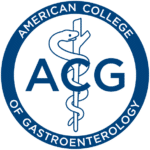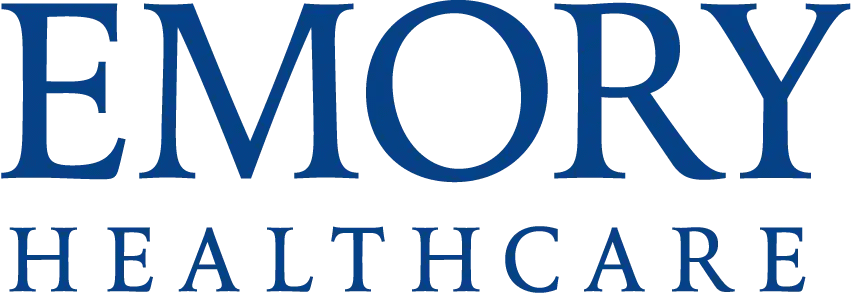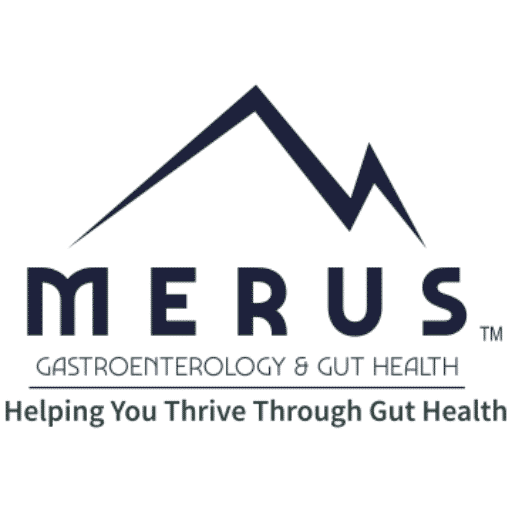How has the landscape of colorectal cancer changed for young adults? Are the rates truly increasing, and what does this mean for early screening and prevention? This comprehensive article, informed by the expertise of Dr. Sumana Moole from Merus Gastroenterology, explores the recent surge in colorectal cancer cases among younger individuals, backed by the latest statistics and guidelines.

Startling Statistics: In early 2023, the American Cancer Society reported a sharp increase in colorectal cancer diagnoses in patients under 55, with rates nearly doubling since 1995. Notably, advanced disease rates have risen annually in those under 50. The ACS projected that in 2023, around 19,550 new cases and 3,750 deaths would occur in individuals under 50. These figures highlight an urgent need for awareness and action. Read More
Updated Screening Guidelines: In response to these trends, both the U.S. Preventive Services Task Force and the U.S. Multisociety Task Force on Colorectal Cancer revised their screening recommendations in 2021. Most Americans are now advised to start colorectal cancer screenings at age 45, five years earlier than the previous guideline, and continue periodically until age 75.
Rising Trend in Young Adults: Recent data indicates a significant and concerning increase in colorectal cancer cases among individuals under 50. This trend is alarming, considering the disease’s aggressive nature in younger patients and the general lack of awareness about its possibility in this age group.
Vital Warning Signs: Dr. Moole points out several symptoms that should not be ignored:
- Unexplained weight loss
- Changes in bowel habits
- Rectal bleeding
- Abdominal discomfort
- Fatigue
- Changes in stool appearance
Proactive Steps for Prevention: Young adults can take several measures to reduce their risk:
- Open and honest communication with healthcare providers about any symptoms
- Early screening, especially with a family history of the disease
- Making lifestyle changes such as quitting smoking, moderating alcohol consumption, maintaining physical activity, achieving a healthy weight, and increasing fiber intake
Merus Gastroenterology’s Approach: Led by Dr. Moole, Merus Gastroenterology is committed to educating and guiding young adults through this challenging landscape. The clinic offers tailored screening strategies, lifestyle counseling, and comprehensive care.
Conclusion: The increase in colorectal cancer among young adults is a call to action for awareness, early detection, and lifestyle changes. Dr. Moole and the team at Merus Gastroenterology are dedicated to combating this trend through education, care, and support.
Resources:









